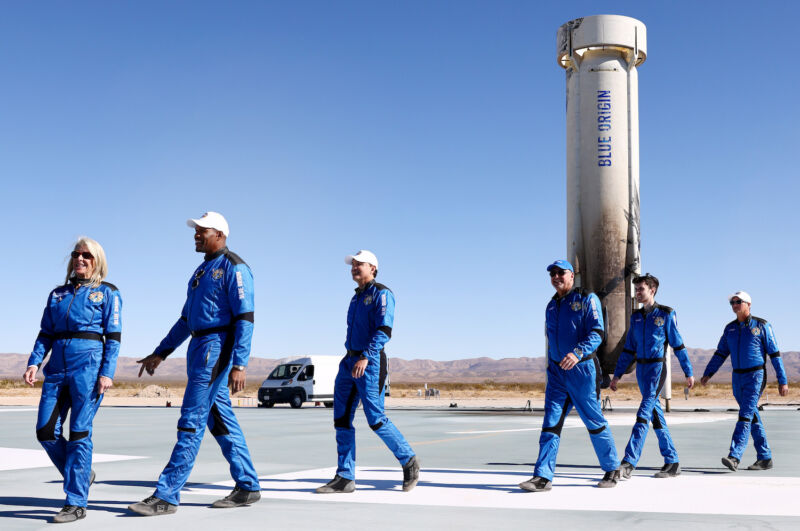
In 2004, Congress passed a law that established a moratorium on federal safety regulations for commercial astronauts and space tourists riding to space on new privately owned rockets and spacecraft. The idea was to allow time for new space companies to establish themselves before falling under the burden of regulations, an eventuality that spaceflight startups argued could impede the industry's development.
The moratorium is also known as a "learning period," a term that describes the purpose of the provision. It's supposed to give companies and the Federal Aviation Administration—the agency tasked with overseeing commercial human spaceflight, launch, and re-entry operations—time to learn how to safely fly in space and develop smart regulations, those that make spaceflight safer but don't restrict innovation.
Without action from Congress, by the end of September, the moratorium on human spaceflight regulations will expire. That has many in the commercial space industry concerned.
The House Science Committee is considering a commercial space bill that might extend the learning period, but the content of the bill hasn't been released yet. Rep. Frank Lucas (R-Okla.), chair of the House Science Committee, said one of his priorities in developing the space bill is ensuring a "thoughtful regulatory environment that supports innovation."
Given the hotly partisan tenor of Capitol Hill and a range of other priorities, it's not clear if the bill—whatever it says—can be passed before October 1.
"Things are sort of moving, but... how do you deal with the moratorium? Can you get that by October 1 and get something passed? Is that something everyone can agree to, or is that going to get bogged down? You just don’t know right now, and that’s just a bad place to be," said Allen Cutler, president of the Coalition for Deep Space Exploration, in a panel discussion at the John Glenn Memorial Symposium earlier this month.
Sign a waiver, go to space
The ban on human spaceflight regulations applies only to occupant safety. For every commercial launch, including crew missions, the FAA already has oversight over issues that affect the safety of the general public.
Lawmakers have extended the moratorium twice, most recently in 2015. The commercial space industry is pushing for another extension, arguing that the three companies that have flown commercial human space missions—SpaceX, Blue Origin, and Virgin Galactic—haven't matured to the point where passenger safety regulations are needed.
“Allowing the learning period to end this year would lead to regulations that inadvertently freeze development before industry has had time to mature, harming safety and our nation’s competitiveness in the long term," said Karina Drees, president of the Commercial Spaceflight Federation, an industry advocacy group that counts top commercial space companies among its members.
“We want to enable an industry that allows entrepreneurs to flourish [and] that allows new companies to come online with new capabilities, and it’s very difficult to do that if the regulation is already in place," Drees said in a recent House Science Committee hearing.
The industry currently operates under a framework of "informed consent." Commercial astronauts and passengers riding to space with SpaceX, Blue Origin, or Virgin Galactic must sign waivers stating they understand the risks involved in the endeavor. Language in the 2004 law that set up the regulatory moratorium described space transportation as "inherently risky."
“There is a pretty extensive process in place to ensure that the folks that are signing those informed consent waivers know exactly what they’re signing," Drees said.
There have been 10 fully commercial human spaceflight missions to date, three orbital flights with SpaceX, six suborbital launches with Blue Origin, and one flight by Virgin Galactic. These companies' other crew missions that reached space were considered test flights, or in the case of SpaceX, carried professional NASA astronauts.
In this period of regulatory uncertainty, representatives from the major commercial human spaceflight companies are working on non-binding industry standards for passenger safety. Drees suggested that approach was the best way to balance safety considerations with the industry's desire for light-touch regulations.
Reader Comments (150)
View comments on forumLoading comments...